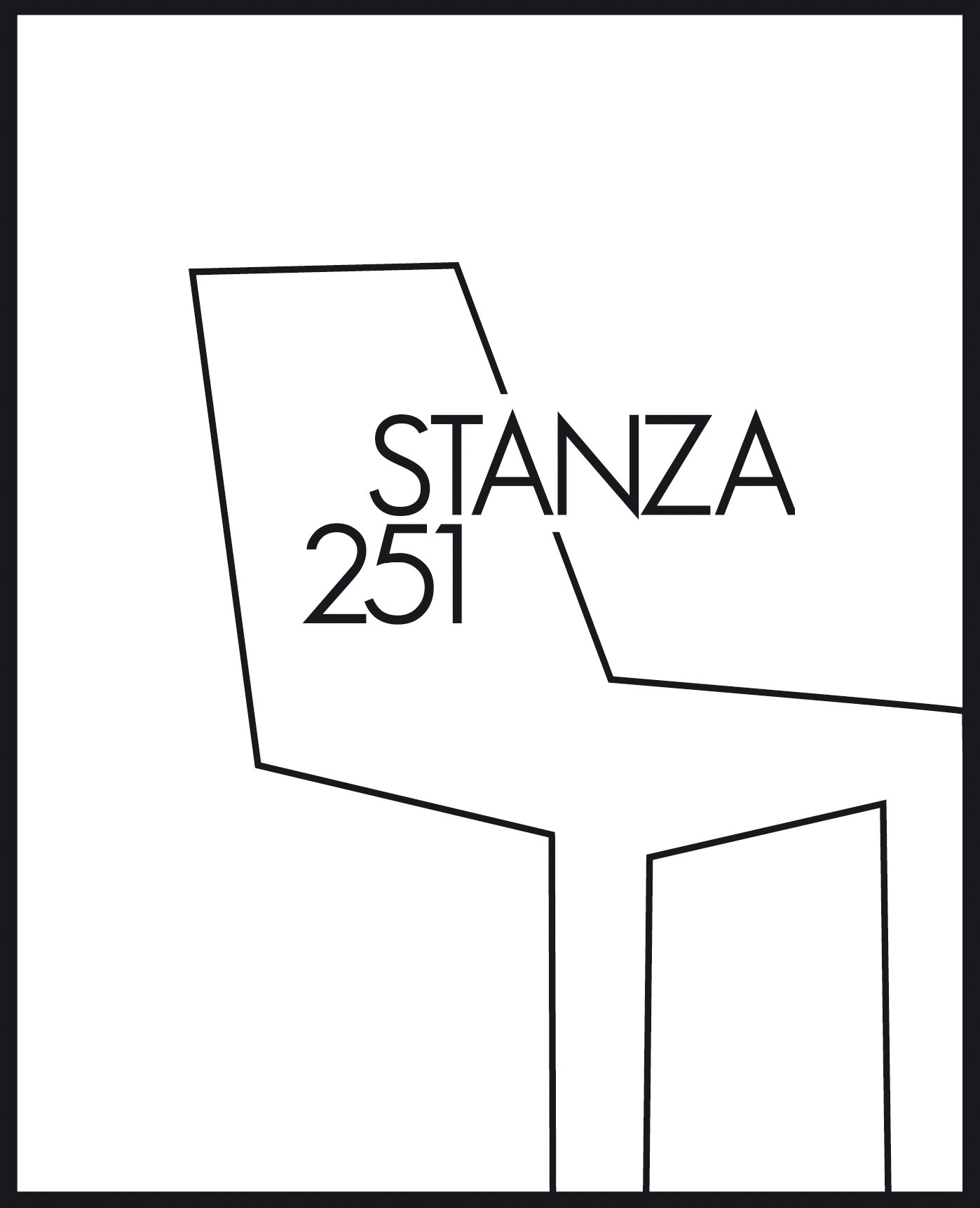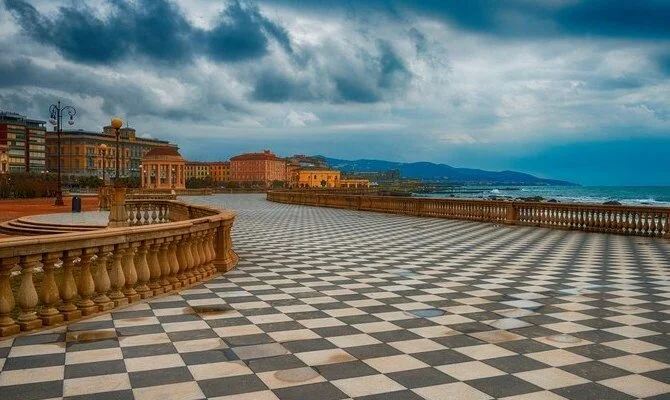Una Livorno mentale
Un amico scrive dall'Italia:
Liverpool, Amburgo, Tangeri, New Orleans... le città di porto sono alberghi malandati che ergono dalla scogliera. I moli sono delle suite per navi merci. Scaricatori, spacciatori e prostitute offrono vari tipi di servizio in camera.
Sono capitato qui per disgrazia. Nel senso che la vita di mare finì per me quando si ruppe un paranco di bordo. Stavamo risistemando il carico dopo una tempesta, ed ero giù nella stiva. La vita a terra iniziò nell'ospedale. Mi rilasciarono in sedia a rotelle. Mi diressi verso il mare per cercare un alloggio, e trovai anche lavoro.
L'hotel ha preso il nome dalla città di porto in cui sono nato. La vita trova sempre il modo per rispedirti al punto di partenza. Il manager disse che gli serviva un guardiano, ma era pura generosità verso un collega marinaio mutilato. Lui aveva perso una mano dentro un argano, al largo di Trieste. Il rancio qui è buono, e nella mia cameretta c'è calduccio d’inverno e fresco d’estate. Anche un bel buio. Dormo poco, però.
Nelle ore libere giro la città. Guardo le onde, le navi là fuori verso l'orizzonte, la gente. Le donne, specialmente. Sono come le onde. Un gruppetto di loro gestisce un bar al vecchio porto. Sono generose nel versare.
La cosa bella delle città di porto è che non sei veramente di lì, anche se ci sei nato. Sei una di quelle cose che il mare butta sulla battigia per poi portarsele di nuovo via con la marea. Scendi a terra e sei contento di essere tornato a casa, ma c'è sempre una barca che ti aspetta. Prima che salpi però, eccoti una tazza di grog e una scodella di zuppa di pesce. Ogni porto ha le proprie varianti delle stesse cose.
C'è una foto nell’angolo della cucina dove mangiano gli impiegati dell'hotel: una sirena, sbiadita ed eternamente bella. Le ho dato un nome: Casa.
***
A Livorno of the Mind
A friend writes from Italy:
Liverpool, Hamburg, Tangier, New Orleans...port towns are run-down hotels that rise from the shore. The docks are suites for cargo ships. Stevedores, pushers and prostitutes provide various kinds of room service.
I landed here by accident. My life at sea ended when an on-board crane broke. We were shifting cargo around after a storm, and I was down in the hold. Life ashore started in the hospital. They released me in a wheelchair. I rolled towards the sea to look for a place to stay, and found a job.
The hotel was named after the port town where I was born. Life has a way of sending you back to where you started out. The manager said he needed a night watchman, but he was just being kind to a fellow mutilated sailor. He’d lost a hand in a winch, just out of Trieste. The food's good here at the hotel, and it's warm in my little room, cool in the summer. Nice and dark, too, but I don't sleep much.
On off-hours I roll around town, look at the waves, the ships out there beyond them, the people. The women, especially. They're like the waves. A little group of them run a bar down near the old port. They pour generously.
The best thing about port towns is that you're not really from there, even if you're from there. You’re one of the things the sea throws up on the beach, only to take it back with the high tide. You're happy to be home whenever you come ashore, but there's always a ship ready to leave. Before you sail off again, though, here's a cup of grog and a bowl of fish soup. Every port has its own versions of the same things.
There's a pin-up on a white-tile wall in the kitchen where hotel employees eat: a mermaid, faded and forever beautiful. She's home.














